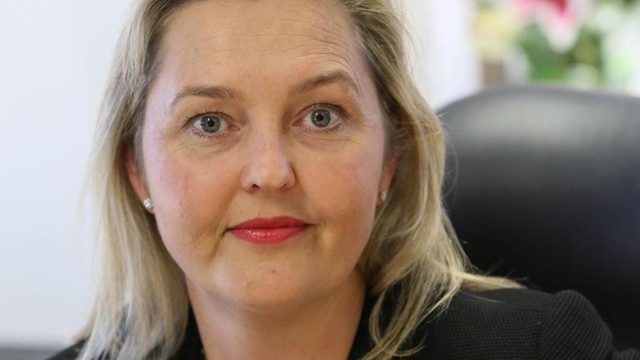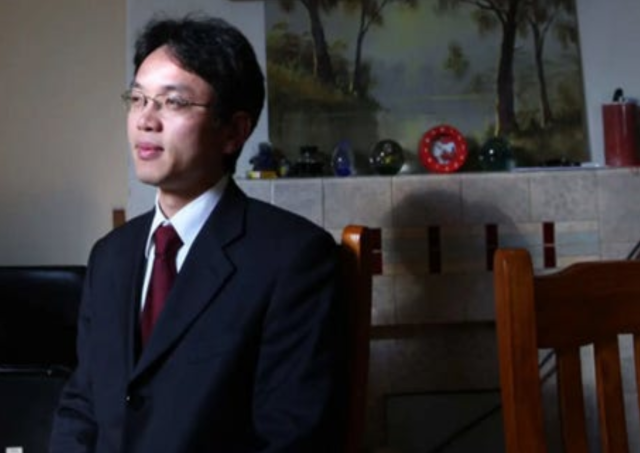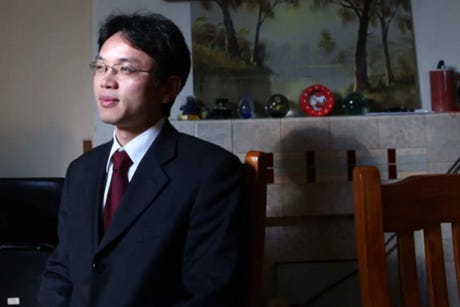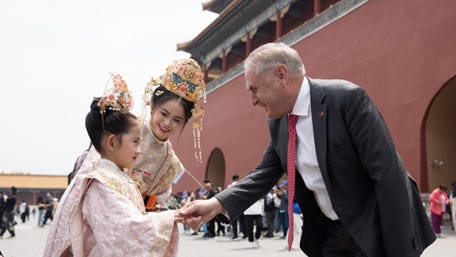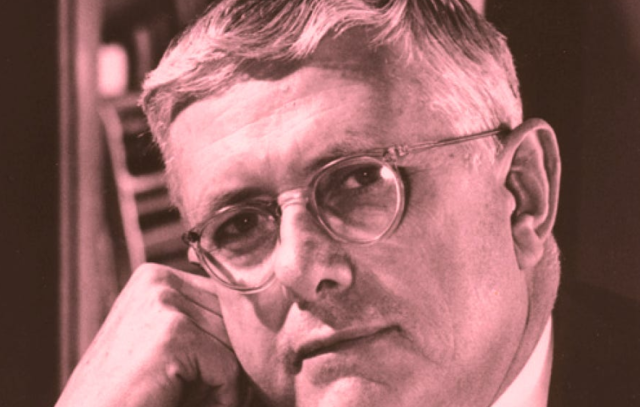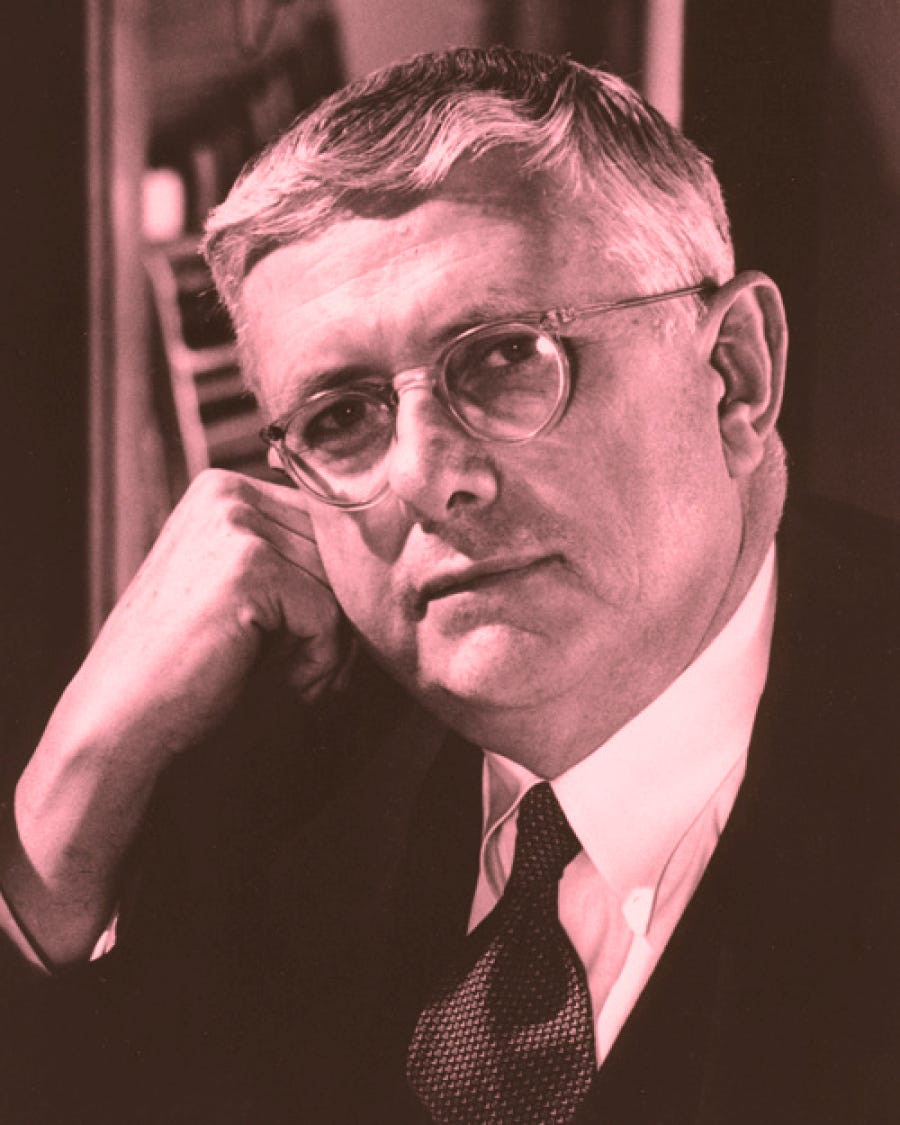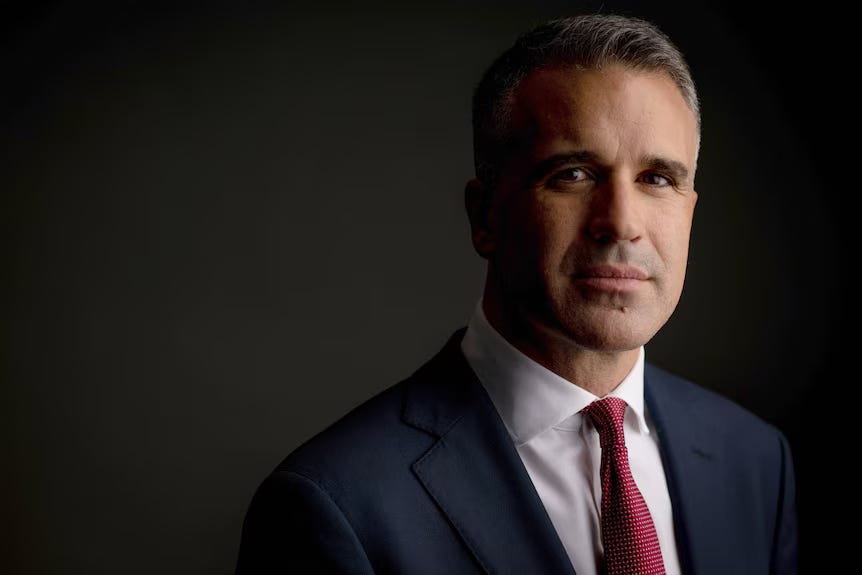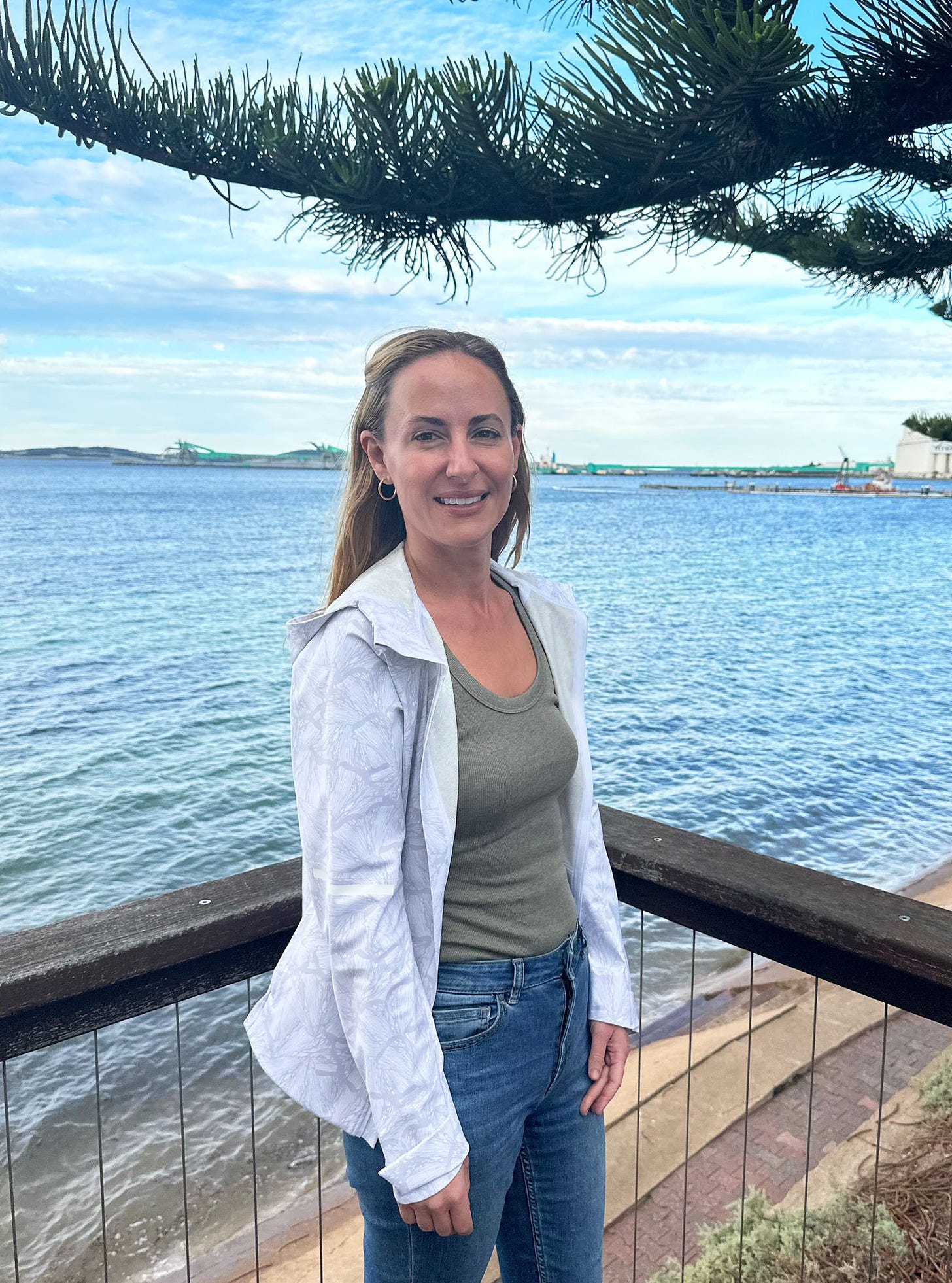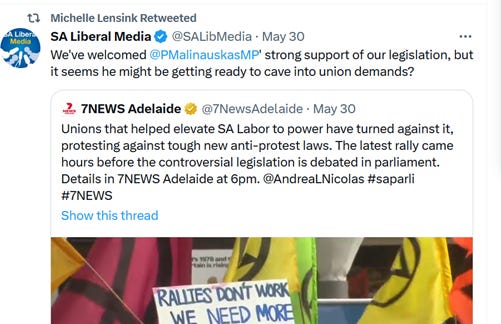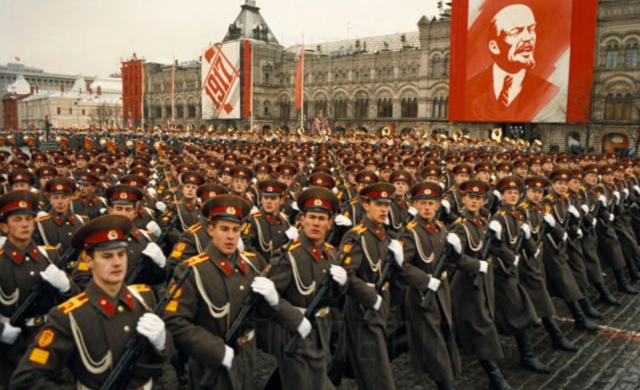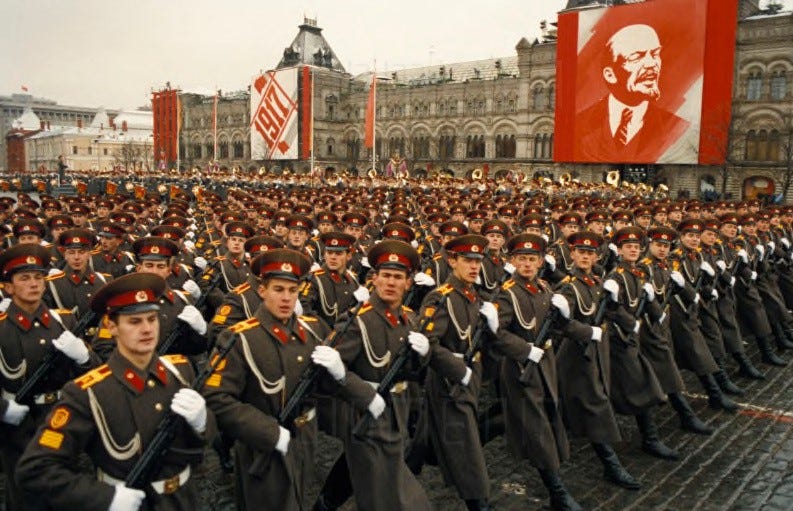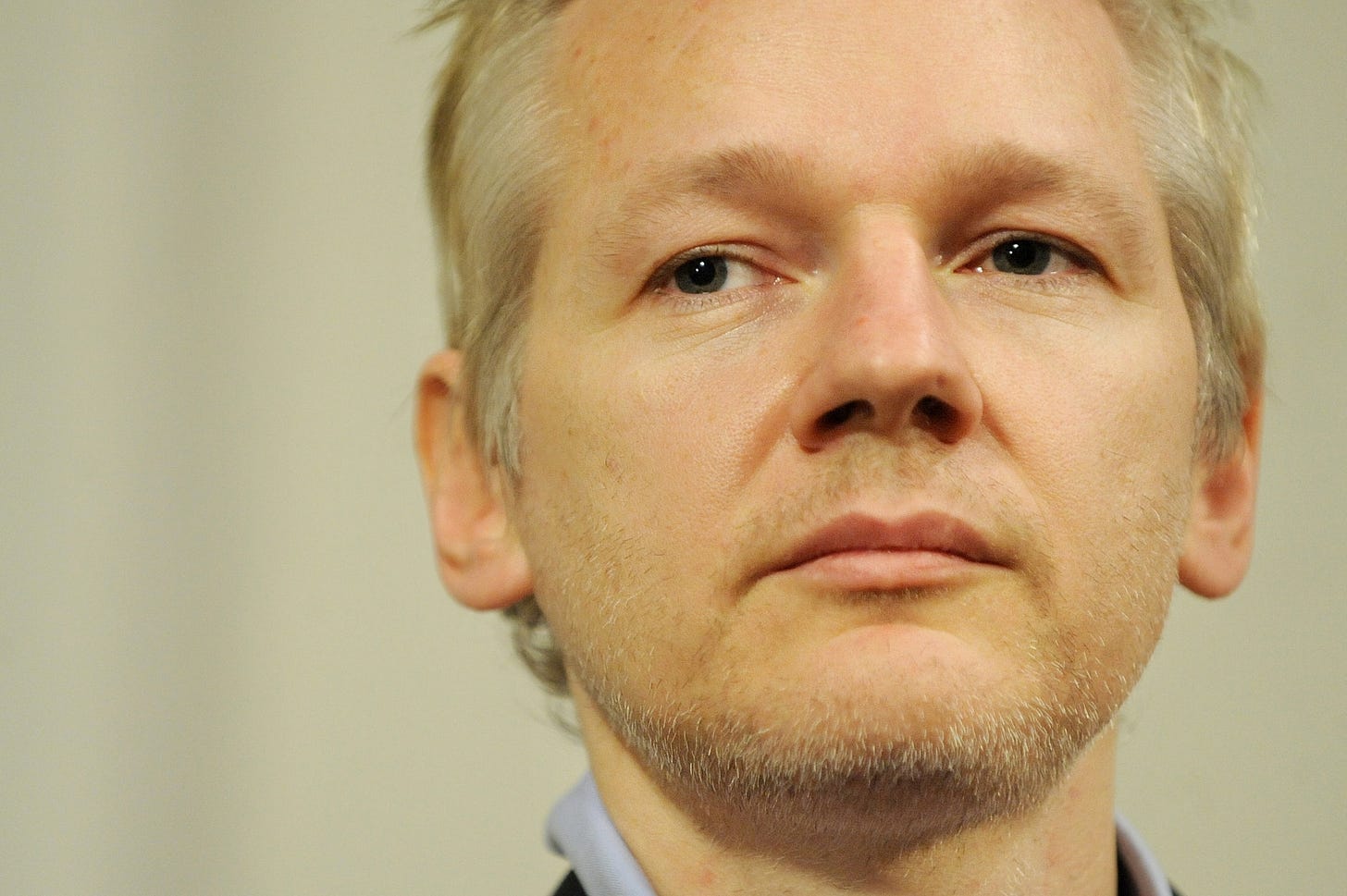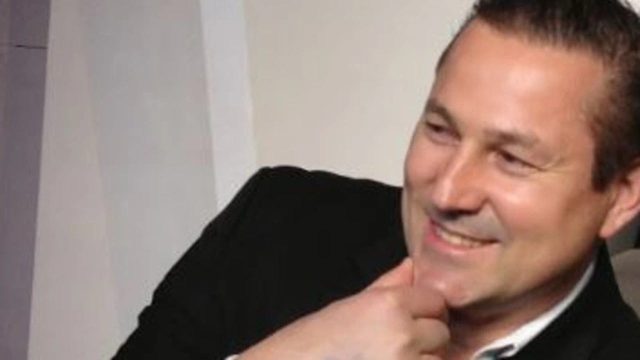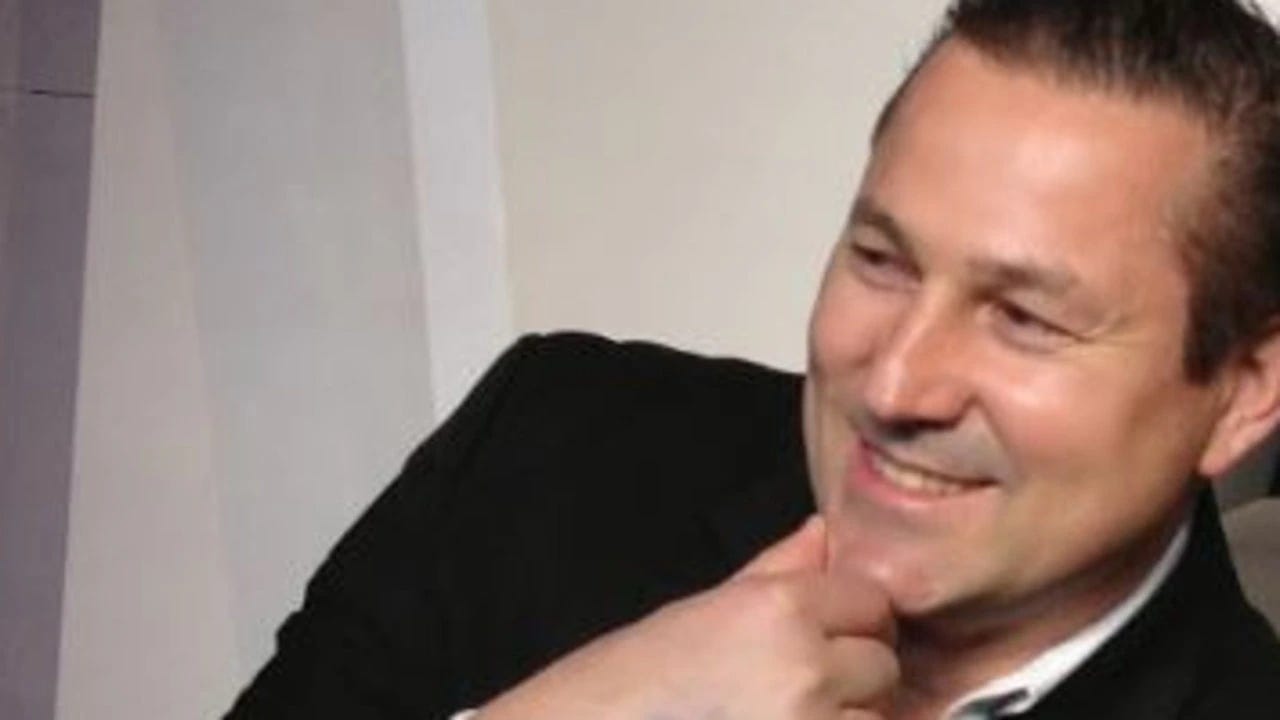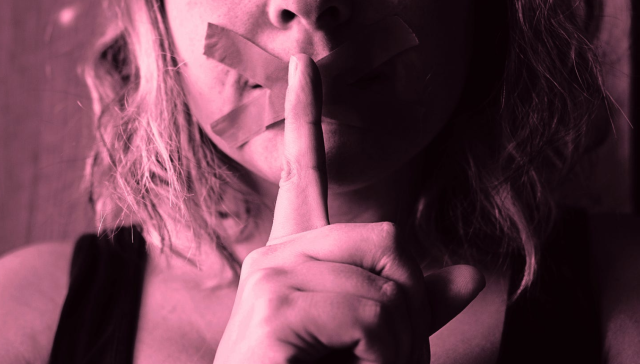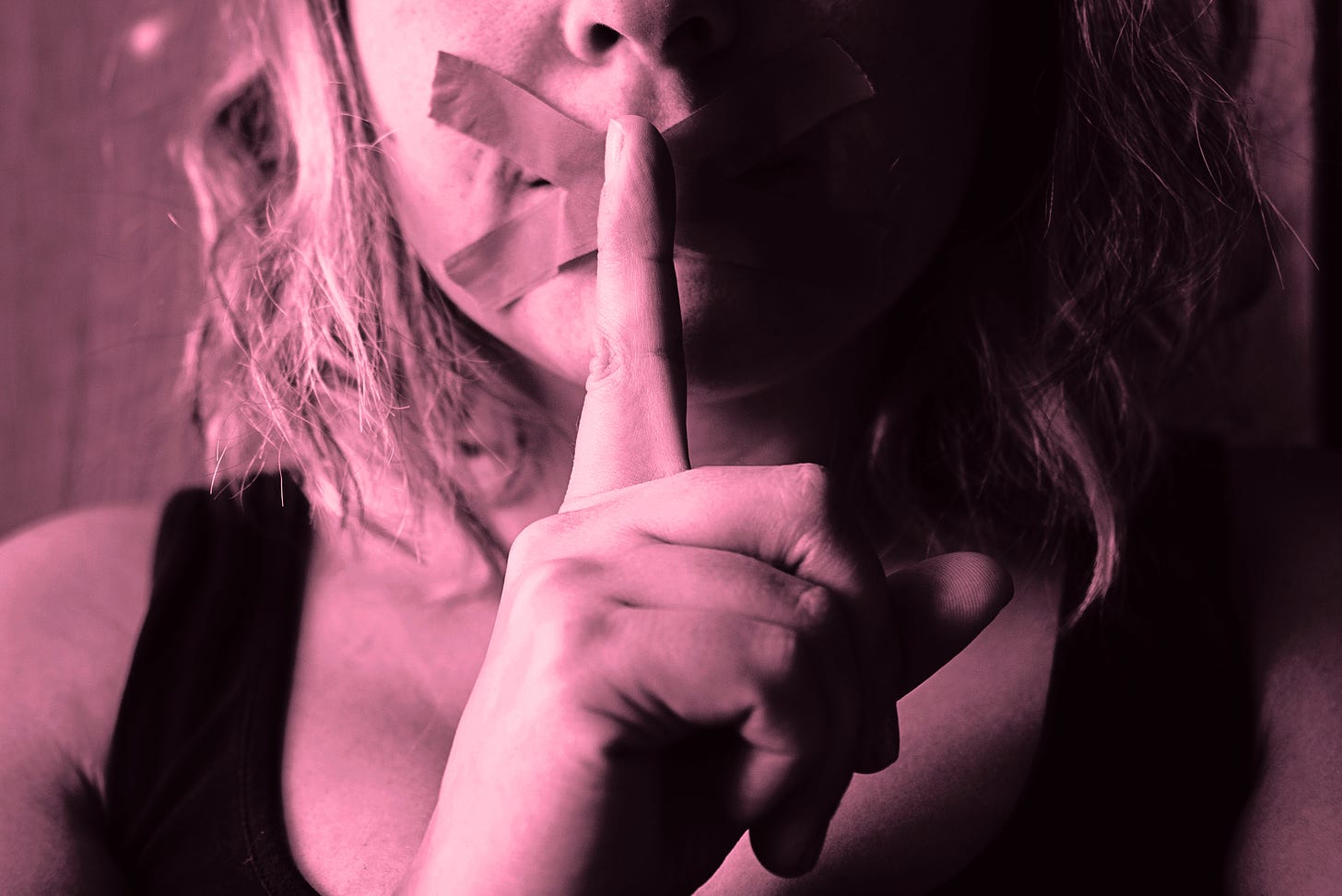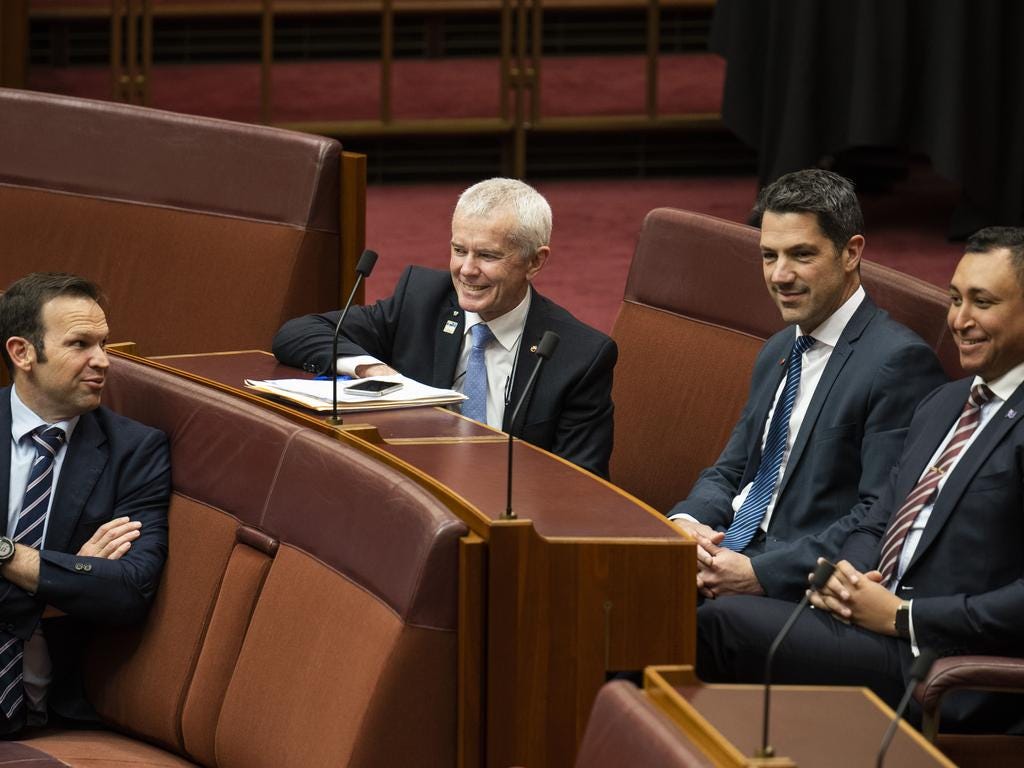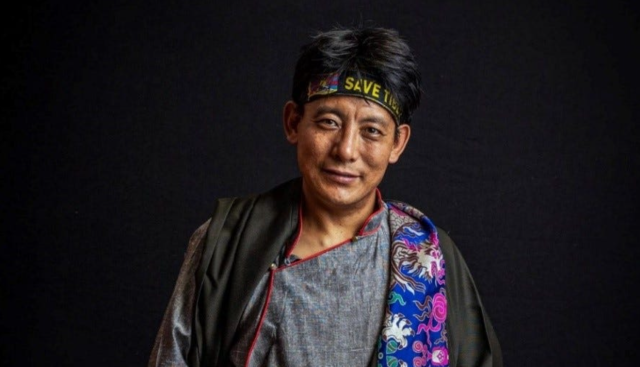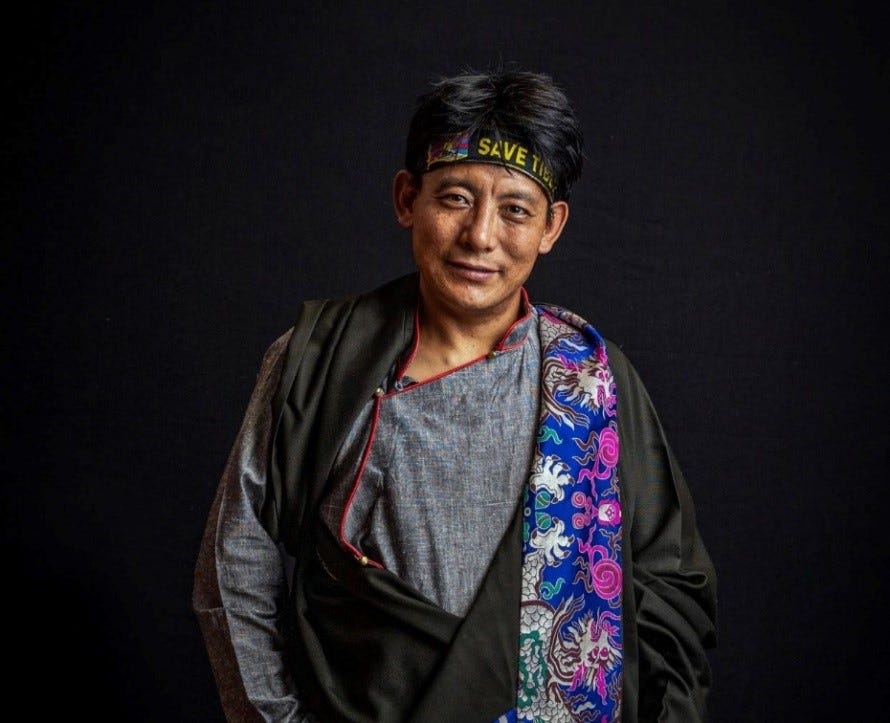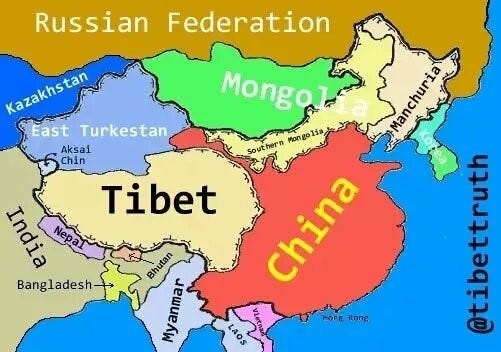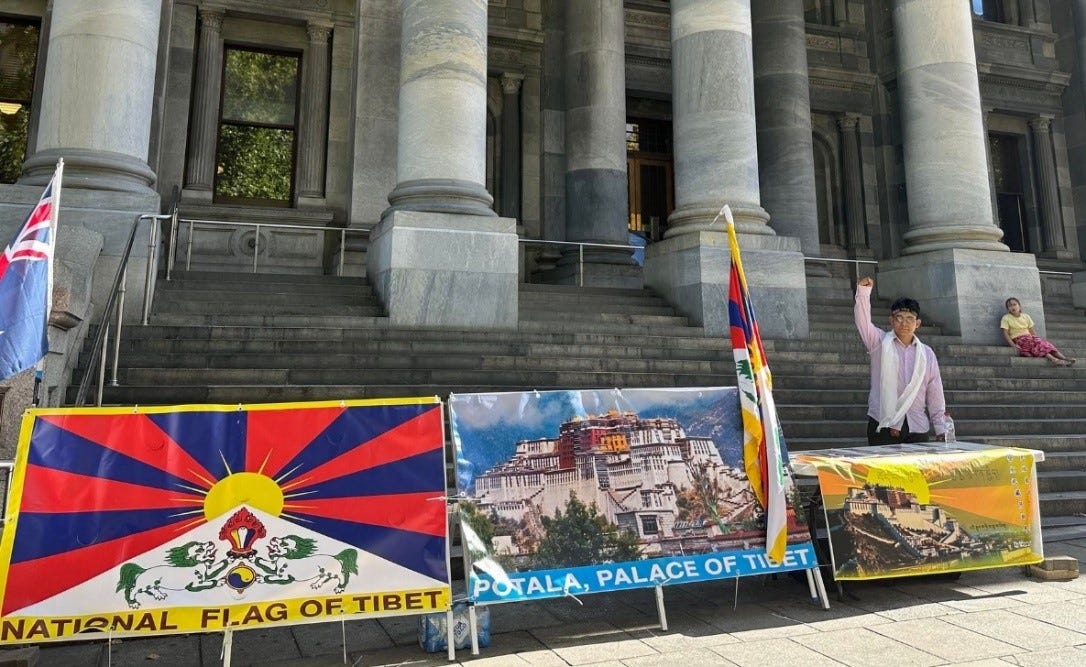Maintaining The Rule Of Law During Times Of Crisis
One of the main safeguards to the rule of law is an independent judiciary. Courts should have the authority to decide cases related to the exercise of emergency powers and remove measures that violate laws or fundamental rights. Judicial review acts as a check of executive power and helps maintain the rule of law.
This point was established long ago during World War II. Liversidge v. Anderson was a case that related to the involuntary detainment of a man at the discretion of the Home Secretary, without trial. The majority judgement upheld the detainment. However, Lord Atkin’s dissenting judgement went on to be regarded as a landmark contribution to the jurisprudence surrounding the tension between executive powers and individual rights in times of crisis. Lord Atkin’s commitment to upholding fundamental legal principles, despite the political climate, has been widely respected and influenced subsequent legal thinking.
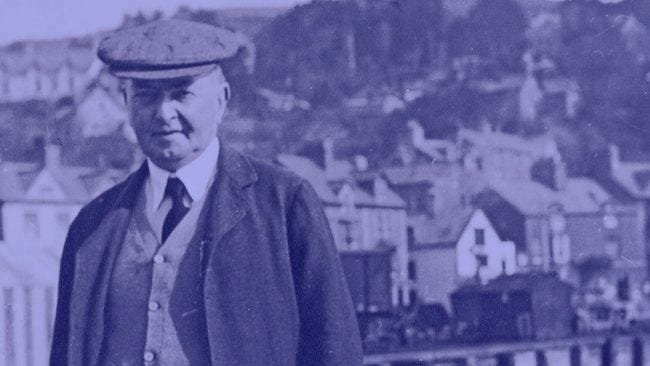
In more recent times in Australia, Deputy President of the Fair Work Commission, Lyndall Dean, delivered a powerful, well-reasoned, rational, and factual dissenting judgement that also went against the prevailing political climate. The judgement related to the case of Jennifer Kimber v Sapphire Coast Community Aged Care Ltd [2021] FWCFB 6015. Ms. Kimber, a receptionist at an aged care facility, was dismissed by her employer for refusing to take an influenza vaccine. A majority 2-1 full bench of the Commission affirmed the dismissal, emphasising the significance of Public Health Orders and the obligation of employers to comply.
Ms Dean believed that the majority decision in Ms Kimber’s case was unjust, as it denied her workplace law protections based on a suspicion of anti-vaccination views. Ms Dean argued that even those with anti-vaccination views should be afforded legal protections and highlighted the importance of consent in medical treatments. She criticised coercion, stating that threatening dismissal and the withdrawal of societal participation for refusing a vaccine is incompatible with consent and a breach of fundamental human rights. She opposed the censorship of differing opinions, condemned vaccine mandates as coercive, undemocratic, and unethical, and urged Australians to question current policies and preserve the freedom to engage in scientific inquiry.
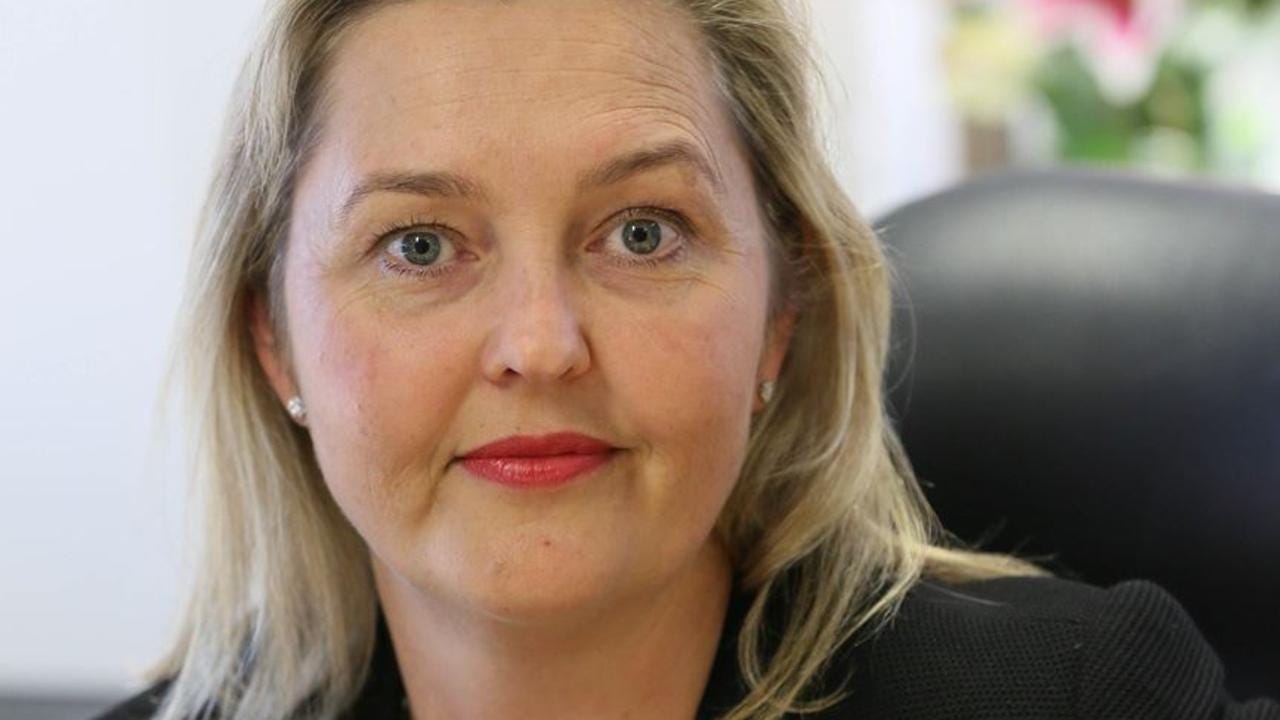
Nothing about Ms Dean’s judgement was inaccurate, sensational, or controversial. Her judgement was sound, rational, and well-reasoned. Where Ms Dean fell foul was that she exercised her judicial independence instead of going along with the narrative. Her voice, just like many others, would have to be silenced; and that is indeed what happened.
Lyndall Dean was ordered to undertake professional conduct training and “disqualified herself” from workplace vaccination cases on the grounds of bias.
Removing Ms Dean from hearing vaccine workplace cases because she did not hold the majority view sends a message that only certain perspectives are acceptable, potentially compromising the fairness and integrity of the judicial process
In a law based, democratic society it is essential that judges must be able to render their decisions based on their interpretation of the law and their assessment of the facts, free from external pressure or political considerations. By removing Ms Dean for her dissenting opinions, judicial independence was compromised, eroding public trust in the judiciary and the rule of law.
In Liversidge v. Anderson, the majority of the House of Lords upheld the detention powers granted to the Home Secretary under the Defence Regulations, even if the Secretary’s decision was based on subjective and unreviewable grounds. This decision was seen as a departure from the rule of law, which emphasises the critical importance of legal certainty and due process.
Lord Atkin’s judgement, like Lyndall Dean’s, underscored the importance of upholding fundamental rights and the rule of law even in times of crisis. It emphasised that the executive’s exercise of emergency powers must be subject to legal constraints and judicial review. It reinforced the notion that even in times of crisis, governments must respect fundamental rights and ensure that emergency measures are proportionate, necessary, subject to meaningful oversight, safeguard the rule of law and protect individual liberties.
Both Lyndall Dean’s and Lord Atkin’s dissenting judgements were viewed as controversial during their respective times, given the prevailing political climate. Lord Atkin’s judgement has since gained significant recognition and praise for its principled stance on the rule of law.
One would hope that, just like Lord Atkin’s, Lyndall Dean’s dissenting judgement will be viewed in the future as a potent reminder of the importance of upholding the rule of law and protecting individual rights during a time of crisis.
Lord Atkin famously stated …
“In this country, amid the clash of arms, the laws are not silent.
They may be changed, but they speak the same language in war as in peace.”

Jaimie Stevenson JD (Monash) is a legal consultant for Australian-based SMEs, specialising in technology, data, privacy and IP law. She is passionate about the rule of law, as opposed to arbitrary rules, and minimal government encroachment on the inherent rights of the
individual including freedom, autonomy and dignity.





